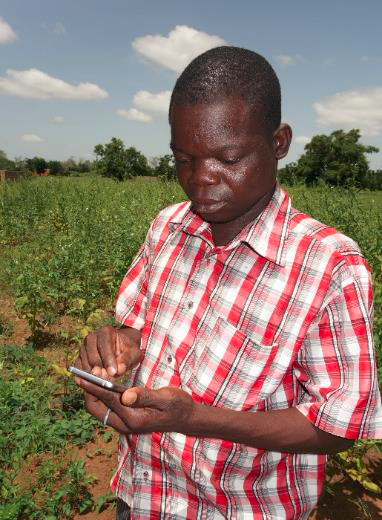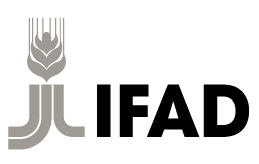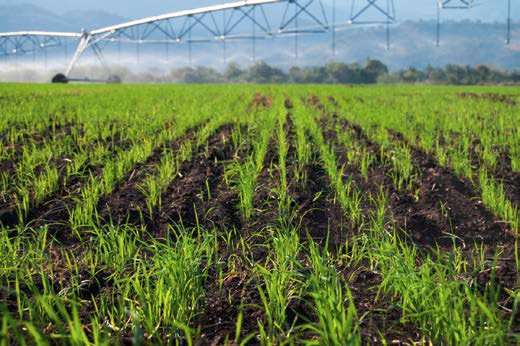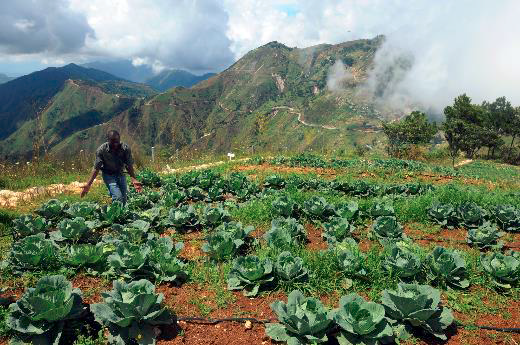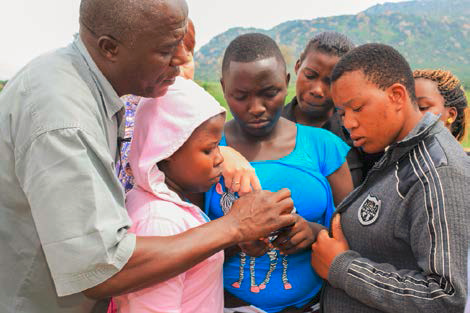
On June 3, 2016, ERC supported USAID and shared a set of lessons learned from the Mobile Application to Secure Tenue (MAST) pilot project with stakeholders in Tanzania. During the workshop, ERC and USAID presented the findings from a “Lessons Learned” report, the findings from the MAST Performance Evaluation and introduced the new Feed the Future Land Tenure Assistance (LTA) Activity.
ERC Technical Lead for MAST, Mr. Jeffrey Euwema participated in the workshop, as did MAST team members from local subcontractor CARE International/Tanzania (Mr. Thabit Masoud and Mr. Mustapha Issa) and TAGRODE (Mr. Zubery Mwachulla and Mr. Dickson Mwalubandu). Mr. Issa led a demonstration of the MAST technology and Mr. Euwema reported out on progress to date on numbers of parcels mapped, numbers of formal land rights documents delivered, and a gender breakdown on numbers of men and women with names on these documents.
Key lessons learned from this pilot include the following:
- Regular engagement with the national Government was important for integrating the MAST technology and implementation approach into the rural land adjudication process;
- Partnering with the national Government at the operational level helped to facilitate implementation at the district and local levels;
- District land staff have the expertise to survey and map lands using the MAST technology; Adopting a “hyper-local” approach to advocacy and training helped increase knowledge of land laws and adjudication practices among villagers and increased buy-in and support;
- The Trusted Intermediary model worked to capture land rights information in a timely manner; Youth were enthusiastic and engaged in this process and effectively served as mentors to others;
- A strong focus on women’s land rights and the rights other vulnerable groups has helped increase security and promote gender equality; and
- Geospatial resources and tools were easily adopted by project beneficiaries.
However, experiences from the pilot also highlight some key challenges which include:
- A lack of sufficient, dedicated funding from the national government constrains efforts to systematically register land rights at the district level;
- The District Land Office needs additional staff with appropriate capacity to manage a process of systematic registration in a timely manner;
- Cumbersome practices to print, record, issue and deliver CCROs are a significant bottleneck in the delivery of land rights documentation;
- The high sunk costs associated with the use of “crested paper” and other required stationary makes the delivery of CCROs expensive;
- The expectation that government staff and village leaders will receive per diems to support land adjudication work creates financial pressures on project resources;
- Lack of accurate mapping data create ambiguities in the formal land adjudication process and reduces efficiencies in mapping and data collection;
- Limitations related to land use planning processes have the potential to exclude vulnerable groups and increase disputes;
- Costs associated with internet services, geospatial resources and tools and cloud-based databases need to be factored into government budgets if the MAST approach is expanded; and
- The Government needs to identify real demand for CCROs among citizens, and price delivery of land administration services appropriately to create a revenue stream to support systematic land adjudication.
The MAST pilot project closes all activities in the next quarter.


